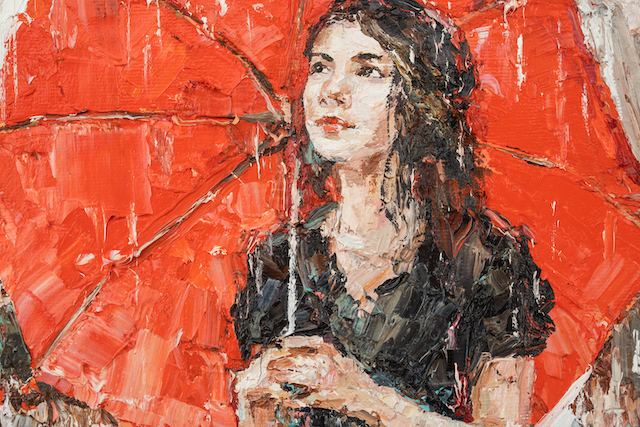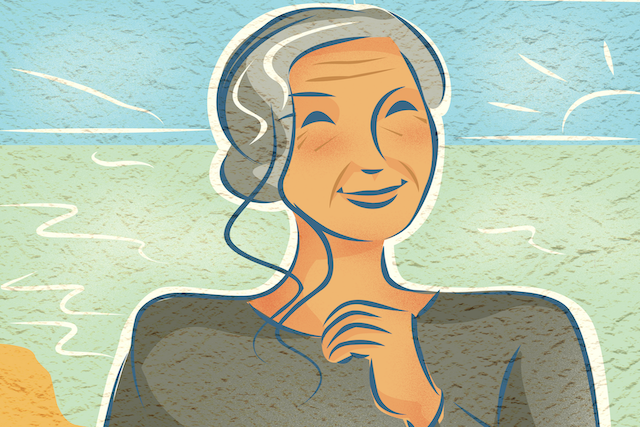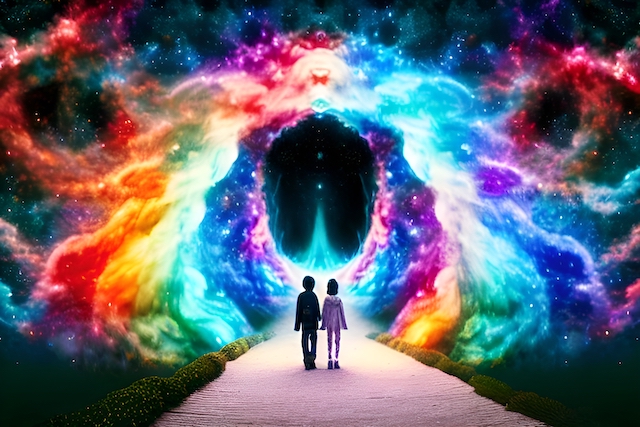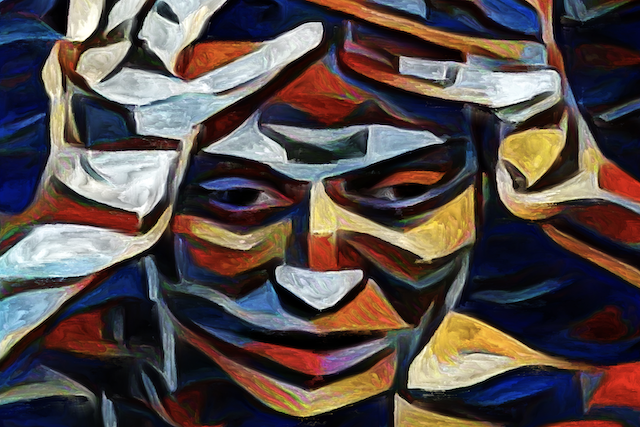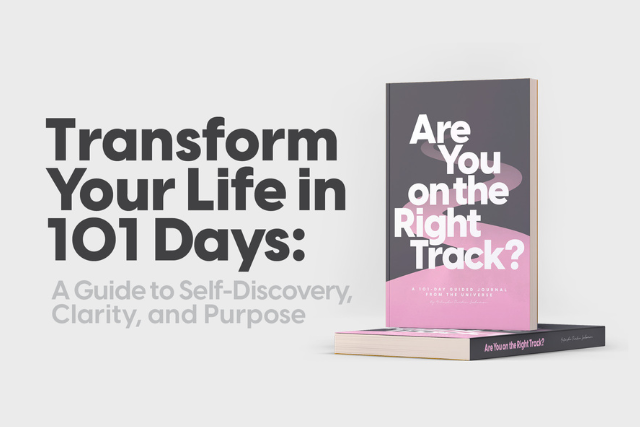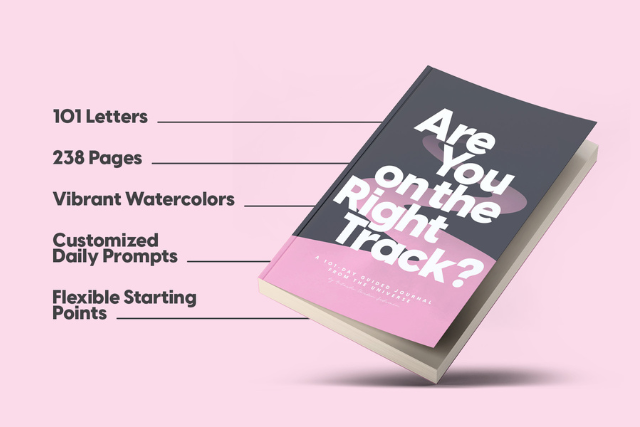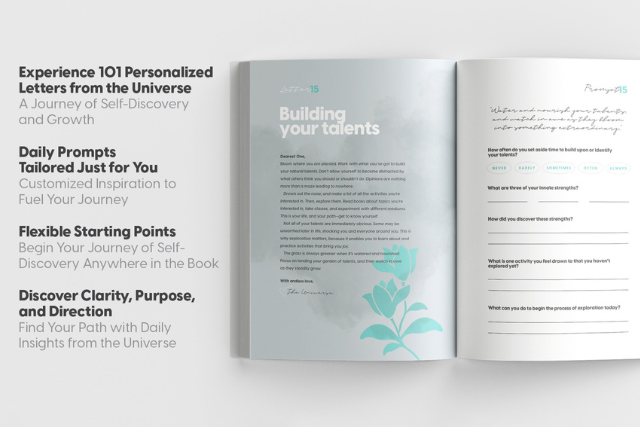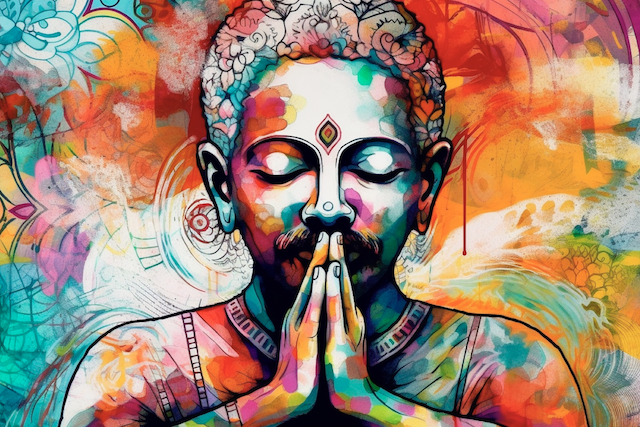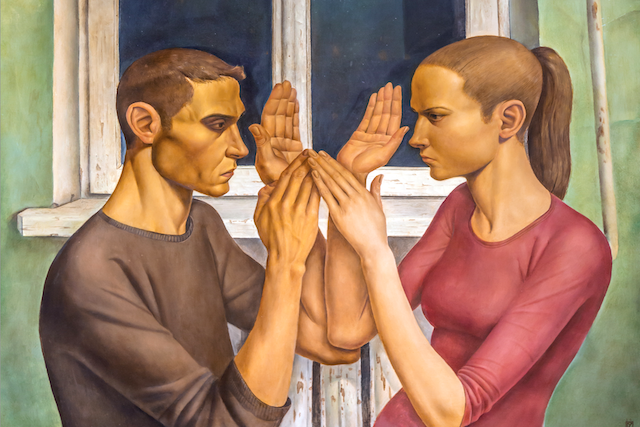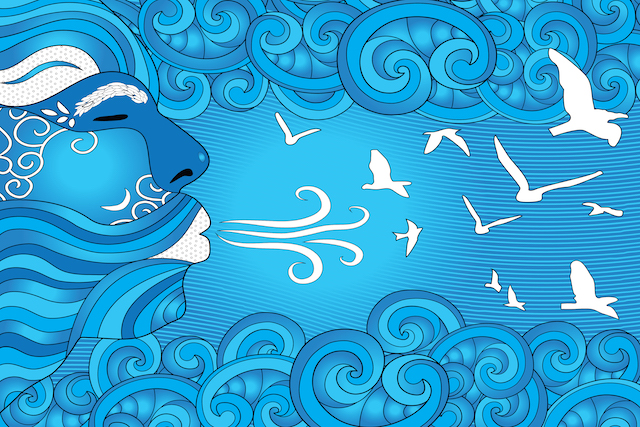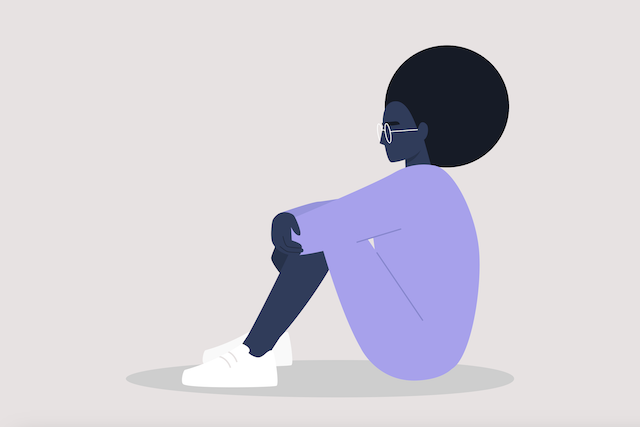
“You’re so hard on yourself. But remember, everybody has a chapter they don’t read out loud. Take a moment. Sit back. Marvel at your life; at the mistakes that gave you wisdom, at the suffering that gave you strength. Despite everything, you still move forward, be proud of this. Continue to endure. Continue to persevere. And remember, no matter how dark it gets, the sun will rise again.” ~Unknown
All my life I knew I was different. If I didn’t look so much like my mom, I would have believed the jokes my brother told me about how I was adopted. I just couldn’t relate to everyone else in my family—or the rest of my world.
I was a little black girl that often got called an oreo because, well, you can imagine.
I didn’t talk a lot, spent a lot of time writing, and a lot of time alone. Going to parties gave me headaches, and being forced to mingle made me want to hide.
Although I didn’t know it had a name for it, I was introverted even as a child.
As I grew up, those things didn’t change much. And I found life to be hard. Exhausting even.
But no one ever said that life was easy, right? I kept that thought at the forefront of my mind and pushed on like the rest of the world.
I did what everyone did.
I got pregnant and found not just pregnancy to be a challenge but parenting as well. Moved out of my parents’ house and was met with more challenges. Got married and felt as if I was literally losing my mind.
The responsibility of it all had become so much. Too much.
Everyone else made it look so easy. Why was this proving to be so hard for me? My mind wouldn’t let me rest.
I was never suicidal, but I was waking up wishing I hadn’t. I needed help. And not just prayerful thoughts or a comforting word.
I needed professional help. And I needed it fast.
So I sought out a doctor and made an appointment. Turns out I was suffering from depression and anxiety.
Well, that explained a lot. Things made a lot more sense now.
I adjusted my lifestyle to support my mental health by doing things like journaling, eating healthier, and exercising. I even took the medication that I was prescribed.
But something still wasn’t quite adding up. As hard as it was, I brushed it off as anxiety and carried on with my life.
It wasn’t until my baby, who was now twelve years old, confided his own life struggles to me that I had to revisit the whole mental health issue.
After finding a psychologist for him, she suggested we do some testing to see what was really going on.
Those tests revealed a few different things, including depression and anxiety. And also, autism spectrum disorder.
I hurt for my baby. And honestly, I didn’t know how to relate to him anymore with this whole autism thing. It forced me to do a deep dive into research because I needed to understand how I could best help him.
That’s how I found my missing piece.
The way I identified with the characteristics of autism was shocking. The relatability was unreal. I scored so high on an online assessment that I knew I had to share this with a doctor.
The results were in, and it was clear that I had autism spectrum disorder as well.
For thirty-seven years and nine months of my life, I thought I was just like everyone else. I thought that life was just supposed to be this hard.
Turns out there was a reason I couldn’t relate to how everyone else was getting on.
It felt so good, knowing that I had a valid reason for thinking it was harder on me than those around me.
I was so relieved to discover that I wasn’t a bad mother because of the times I would have preferred to be working on my ‘special interests,’ like jewelry-making and crocheting, rather than parenting. It was eye-opening to find out that my executive functioning skills were behind what formerly seemed like laziness and a lack of motivation. I was thrilled to know that I wasn’t the only one with conversational issues.
What I learned brought my son and I so much closer together. And we’re learning how to get through life with this newfound knowledge. It has also taught me some valuable lessons about life.
1. Don’t worry about what everyone else is doing.
We are all born differently, and everyone has their own purpose in life. You can’t spend your life trying to copy someone else because their life seems so great.
I never wanted to be like anyone else. But because the world has a way of making you feel like you’re not enough as you are, I tried to be like everybody else.
I went to college even though I had no interest in it. I worked at jobs that ate away at my soul. And I got married before I understood what marriage was even about.
I did these things because my dreams were dismissed by people who had professional careers, high social standings, and a successful family life.
But what I didn’t know then is that we weren’t made the same. Just because it worked for them, doesn’t mean it was supposed to work for me.
They have talents and skills that make it easier for them to appear effortlessly awesome at what they do.
But they also have struggles behind the scenes that I didn’t see.
Following traditions and trends is not mandatory. Do what’s best and easiest for you and you will create a life worth living.
2. Pay attention to your feelings.
What you feel is valid. If there is something going on with you, don’t dismiss it right away. Lean into those feelings and ask yourself why you’re feeling that way so that you can figure out what you need to do to feel better.
Just because the people around you don’t understand how you feel, it doesn’t mean what you feel is wrong.
3. Be gentle with yourself.
It’s so easy to be rude and disrespectful to ourselves, often without even realizing it.
I used to beat myself up because I couldn’t keep a job. I would get depressed because I didn’t know how to be social with other people. And I always put myself down because I felt like such a flake.
But I know now we are each the one person we have to be around all day, every day. We can’t just cut ourselves out of our lives.
So treat yourself how you would treat a good friend. Lift yourself up even when you mess up. Be honest but gentle.
Pay yourself compliments. Treat yourself. And don’t let anyone else treat you poorly.
4. Know that you aren’t the only one going through difficult times.
Life does come with some hardships. Even though you have your own things that you’re going through, there is someone out there rocking a big ole smile every day that is going through something too.
Had my son not been so open with his feelings, it would have been much more of a struggle for him to just live.
Pay attention to your loved ones. Notice changes that are going on. And ask others how they’re doing.
5. Get help when you need it.
Pride can keep you from getting the help you need. So can denial and believing you’re unworthy. It takes strength to admit that you need support for your mental health, but your mind is just as important as your body.
When you know what’s going on, you can better address the situation.
Discovering that I have depression, anxiety, and autism has led me to learn about the differences in my brain. Because of that, I’ve been able to find ways to get things done that work for me so that life isn’t quite as hard as it’s been.
6. Know who you are.
Take time to get to know yourself. The more you know about who you are, the better prepared you’ll be for whatever comes your way.
Knowing what you like and want out of life will keep you from going after things that will not make you happy. Knowing what you don’t stand for will keep people from running over you and make it easier to see when you need to remove yourself from certain situations.
It will also give you the confidence to go after your dreams and believe in yourself.
7. Know your limitations.
Some things are hard to do just because they’re uncomfortable. Others are hard to do because you have mental or physical limits that, when reached, can lead to serious ramifications.
One of the hardest things for me to do is socialize. Even the simplest conversations can stump me. And sometimes, I physically and mentally freeze and simply can’t do it.
An example of this is when I take my son to therapy every week. He goes in with the therapists without me and comes out with the last therapist he’s seen, and it’s her job to inform me of how the sessions went.
It’s the most stressful two minutes of my week. The other moms seem to have it all figured out. They go back and forth with lots of lively conversation, laughter, and other body language that they throw into the mix.
But when it comes to me, my eye contact is sporadic, I’m full of one-word answers, and I typically have no follow-up questions. I’m sure I do more head-nodding than speaking.
I used to walk away feeling so lame and defeated. The truth is, I still feel defeated at times because I’d like to be able to socialize successfully, but I’ve accepted that it’s just not for me. I’m okay with that. I definitely don’t feel lame because of it anymore.
Know how far you’re willing to step outside of your comfort zone. If you want to try new things, find out what you can do to work around your limitations, but know that it’s okay to stay comfortable as long as you’re in a good place for you.
—
The truth is life isn’t easy. It’s full of uncertainty, trials, and craziness. So much craziness.
Even though life may deal you a hand that doesn’t seem fair, there is always a way to get through even the darkest moments. Keep hope alive and search for a way to push through.
![]()
About Lashonda Cooper-Blackman
Shon is a wife, mother, and mental health advocate with autism who has always had a passion for writing and helping others. She is also the blogger behind Puzzle Me Shon, where she covers topics like self-improvement, spirituality, autism, mental health, and making money for the neurodivergent mind. Visit her website at puzzlemeshon.com to learn more and sign up for the newsletter.
Get in the conversation! Click here to leave a comment on the site.
The post Why Life Felt Hard for Me for Years (and 7 Lessons That Have Helped) appeared first on Tiny Buddha.
from Tiny Buddha https://ift.tt/Uetb5B7

